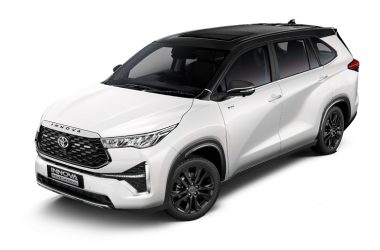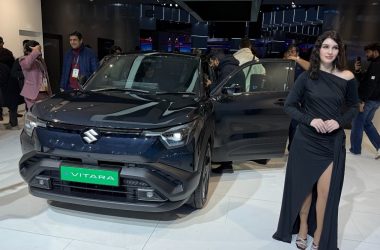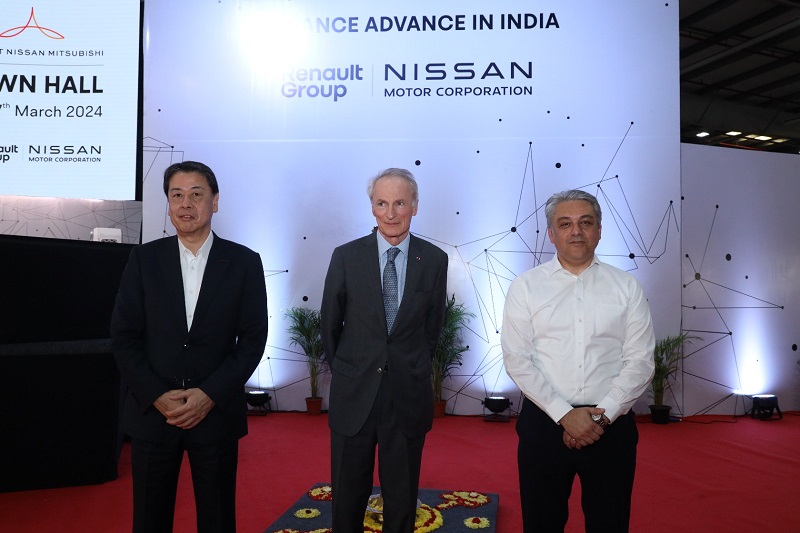In a plot twist worthy of a high-octane business drama, Renault Group and Nissan have unveiled a fresh slate of strategic moves that redefine their alliance—but don’t call it a breakup. Think of it more like moving into separate bedrooms but still going on vacations together.
Renault India: Now 100% French… with a Hint of Masala
Renault is going all-in on India, acquiring Nissan’s 51% stake in Renault Nissan Automotive India Private Ltd (RNAIPL), giving it full ownership of the Chennai-based operation. It’s a bold move by Renault, akin to saying, “Fine, I’ll just buy the whole house and redecorate.”
Nissan, meanwhile, insists it’s not ghosting India. Instead, it plans to stick around with a “strong focus on market coverage,” continuing to build models like the Magnite at RNAIPL, while also eyeing new SUV launches. It’s sort of like handing over the kitchen to someone else but still coming over to cook your favorite dish.
Twingo Tango: Nissan Designs, Renault Builds
In an unexpected (and oddly adorable) twist, Nissan has tapped Renault to develop and produce a derivative of the Twingo, Europe’s spunky little A-segment car. Designed by Nissan, built by Renault, this partnership screams “You do the work, I’ll bring the vibes.”
This collaborative effort will be carried out through Ampere, Renault’s EV venture, confirming their commitment to “cost efficiency” and “reduced development time”—also known as the “Amazon Prime” model of carmaking.
Shareholding Shake-Up: From ‘Lockdown’ to ‘Let’s Chill’
Both parties also agreed to loosen the grip on each other’s stock, reducing the lock-up requirement from 15% to 10%. This new clause introduces more “flexibility” in their financial relationship—like changing your Facebook status to “It’s complicated” but still sharing a Netflix password.
Also, Nissan gets to opt out of investing in Ampere altogether. No hard feelings, just a friendly “you do you.”
Luca and Ivan: Bros in Business
Luca de Meo, CEO of Renault Group, expressed his enthusiasm like a seasoned diplomat who just bought a castle and invited the neighbors to keep their stuff in it. “This agreement proves our new agile and efficient mindset,” he said, presumably while plotting India’s next big automotive move with a croissant in hand.
Ivan Espinosa, Nissan’s President and CEO, echoed the optimism but threw in a dose of caution. “We’re committed to the Indian market,” he said, making it clear that Nissan’s exit from RNAIPL is more of a tactical sidestep than a retreat.
So What Now?
With Renault grabbing full control of RNAIPL and Nissan moonwalking into a more flexible alliance, both companies are gearing up for what looks like an ambitious (and slightly less entangled) future.
By the end of H1 2025, Renault’s India operations will be 100% its own, contributing to its “International Game Plan 2027,” which sounds suspiciously like a spy movie title but is actually about selling a lot more cars.
In the end, this latest move proves that Renault and Nissan are still very much a couple—just one that prefers separate garages and makes joint custody of vehicles look… kind of chic.







